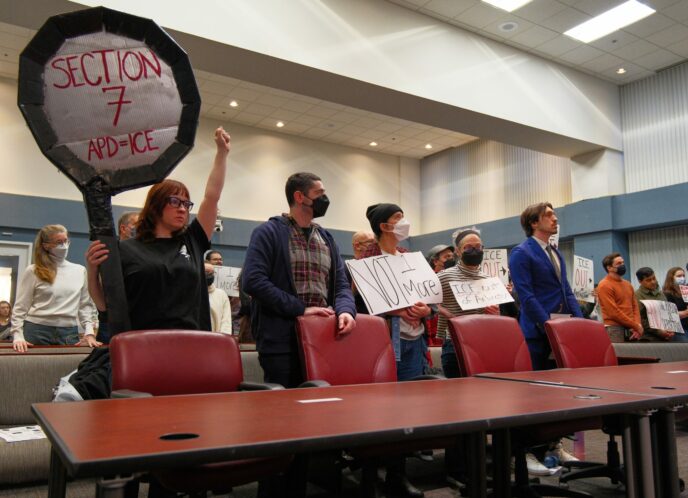The trial would give law enforcement access to live footage by consenting residents, a departure from the city’s previous stance
Last week San Francisco city leaders approved a 15-month pilot allowing police to monitor live footage from surveillance cameras owned by consenting businesses and civilians without a warrant.
The 7-4 decision by the San Francisco board of supervisors was a major loss for a broad coalition of civil liberties groups that had argued the move would give police unprecedented surveillance powers. It also seemingly marked a departure from the progressive stance on surveillance the city’s leadership had previously maintained.
In May 2019, the board had made history by making the city the first to ban the use of facial recognition by any local government agency. At the time, supervisor Aaron Peskin said, the city had an “an outsize responsibility to regulate the excesses of technology.”
It’s a “circumvention of the public will…I fear for a city that has been shaped by the perspectives of the few and the perspectives of the few are the ones influencing policy decisions.”
Steven Renderos, Executive Director at MediaJustice
He described the facial recognition ban as a policy that came out of the will of the people and the new ordinance as one that was lobbied for by the city’s business districts and entrepreneurs.



